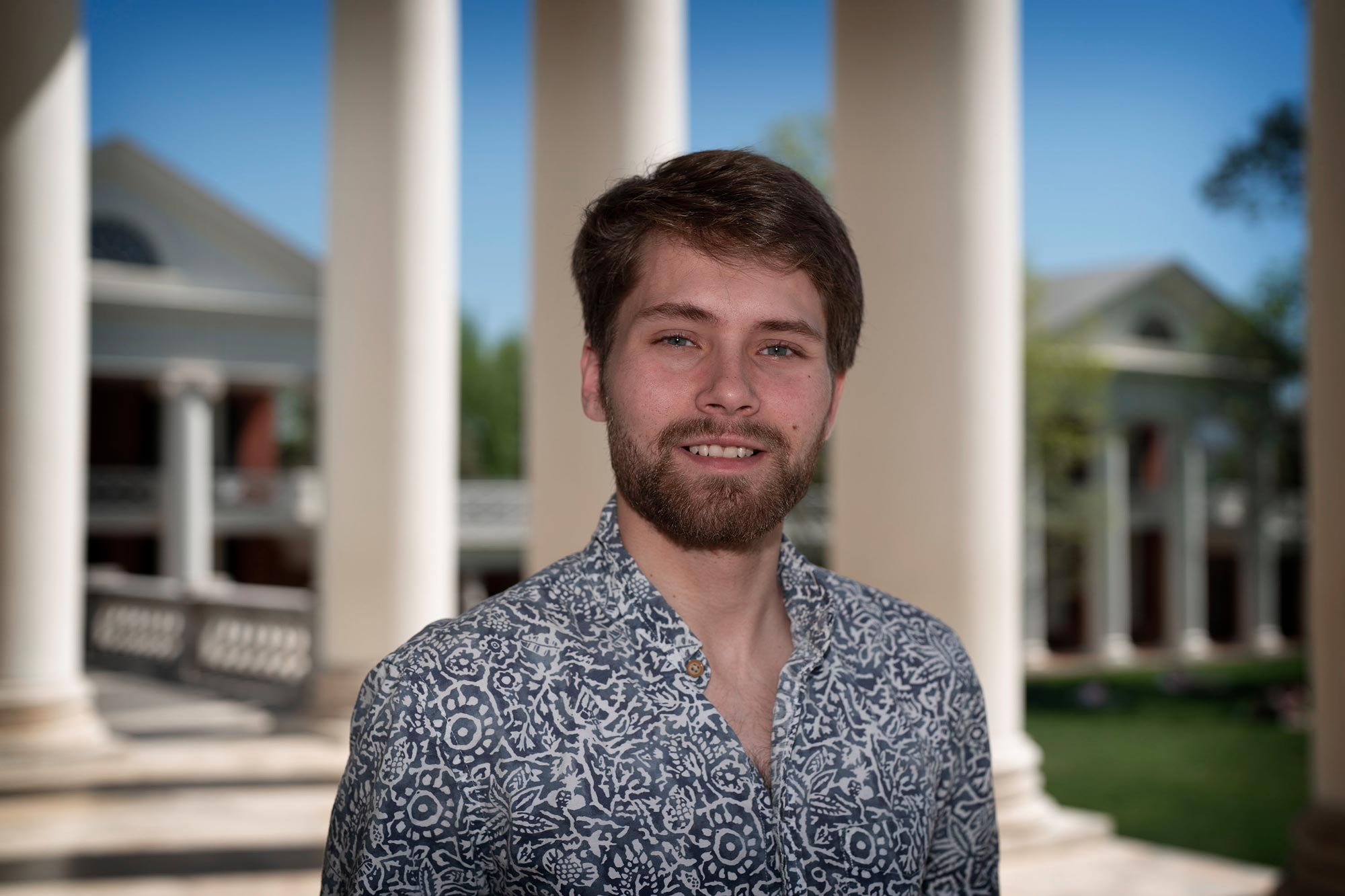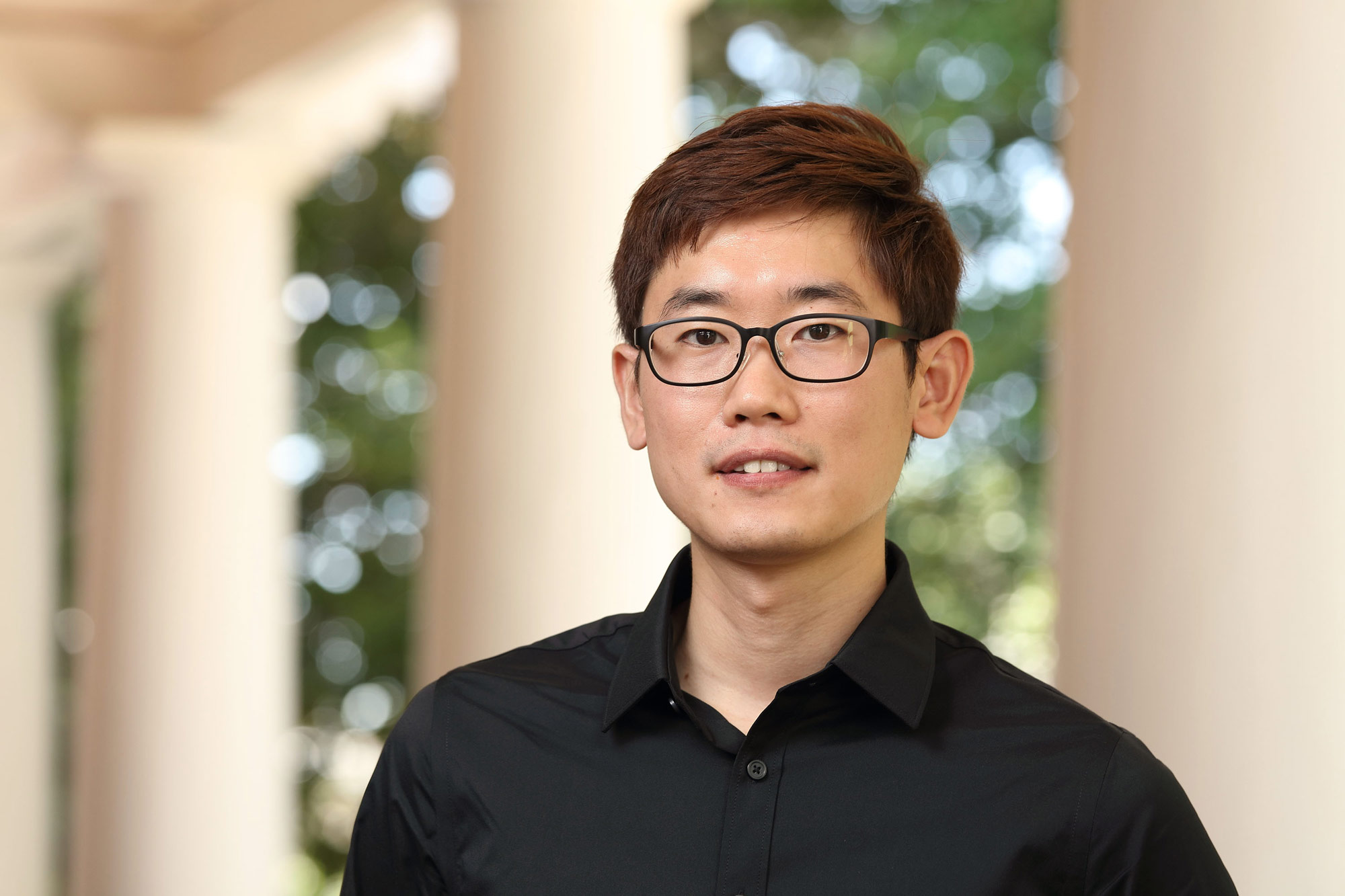The University of Virginia’s Cyberdefense team scored a victory at the Mid-Atlantic Collegiate Cyber Defense Competition and will advance to the national competition in Dallas for the fifth time in the past six years.
The regional championship, sponsored by Raytheon Intelligence & Space, featured eight collegiate teams competing at the Prince George’s Community College Center for the Performing Arts in Largo, Maryland. It was the first in-person regional competition since 2019.
The teams competed for two days, with the “defenders” – the competing teams – protecting a real-world business infrastructure against online attackers while interacting with stakeholders, such as the chief executive officer and the company’s executive board. The competition tests students’ abilities in real-world environments, including performance under pressure, communications and maintaining business continuity. It also tests students’ technical communication skills, such as crafting concise and precise technical reports and delivering presentations.
“This was a huge accomplishment for the team,” said Emil Baggs, a fourth-year computer science major and team captain. “We’ve been putting a ton of time into practicing the last month and a half, and it was great to see all of our hard work really pay off.”












